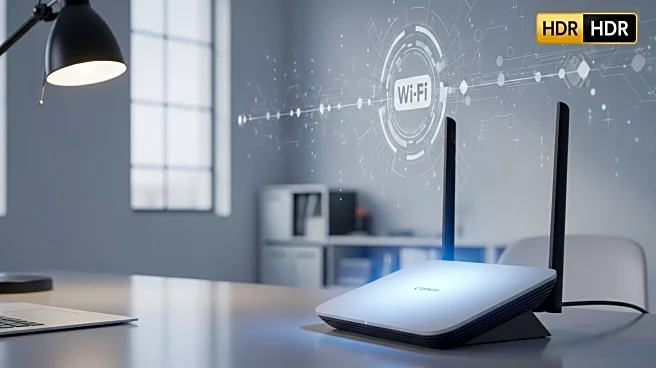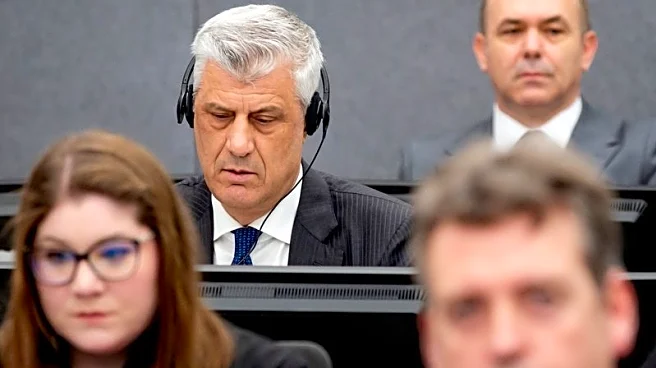What's Happening?
Senate Democrats and advocacy groups are opposing the Federal Communications Commission's (FCC) plan to revoke funding for Wi-Fi hotspots on school buses and in libraries. The FCC's vote on this issue is scheduled for September 30. The programs, established during the Biden administration, provide essential internet access to students and library patrons, particularly benefiting those from low-income households. FCC Chairman Brendan Carr argues that the funding supports unsupervised screen time for children, prompting the proposal to overturn previous decisions. Senate Democrats, led by Senator Ed Markey, have expressed strong opposition, emphasizing the importance of connectivity for academic success.
Why It's Important?
The FCC's decision to revoke funding for Wi-Fi hotspots has significant implications for educational equity and access to technology. These programs are designed to bridge the digital divide, ensuring students have internet access for homework and learning outside school hours. Revoking the funding could exacerbate existing disparities, particularly affecting low-income students who rely on these resources. The opposition from Senate Democrats highlights the broader debate on educational policy and the role of technology in supporting student achievement. The outcome of the FCC's vote could influence future policy decisions and impact millions of students nationwide.
What's Next?
The FCC's vote marks a critical juncture in the ongoing debate over educational technology funding. If the FCC proceeds with revoking the programs, it may prompt legislative action from Congress to address the issue. Advocacy groups and educational institutions are likely to continue lobbying for the preservation of these programs, emphasizing their role in supporting student success. The decision could also lead to increased scrutiny of the FCC's policies and their alignment with educational goals. Stakeholders will be closely monitoring the outcome and potential legislative responses.











